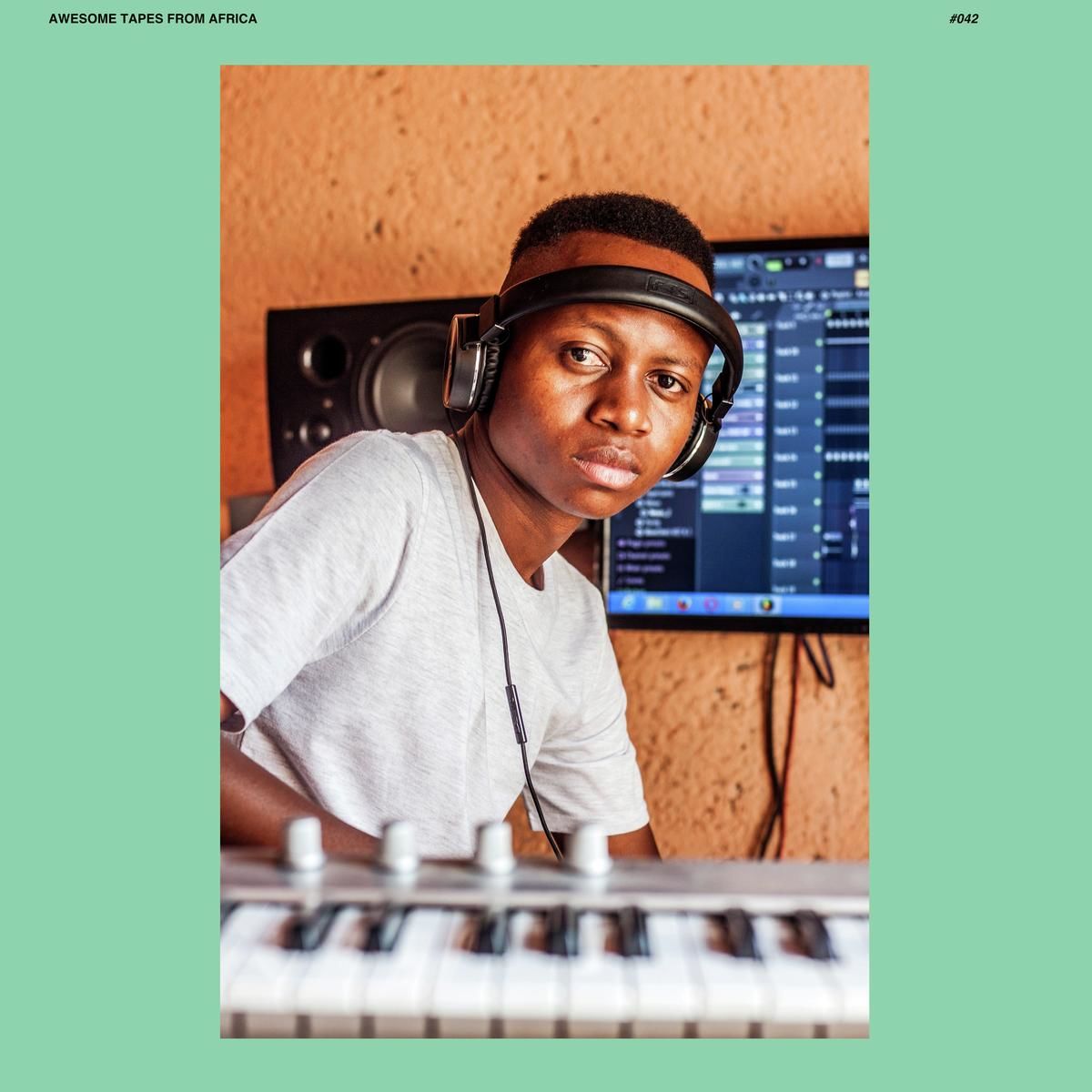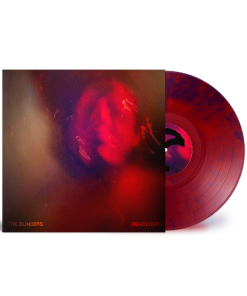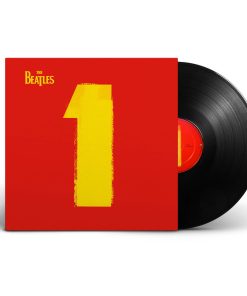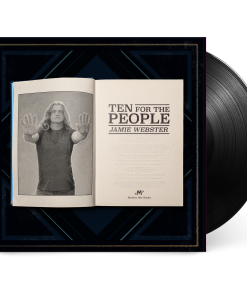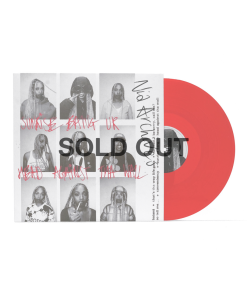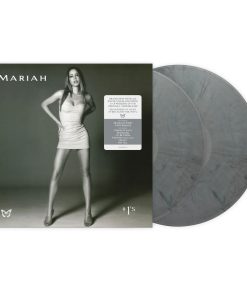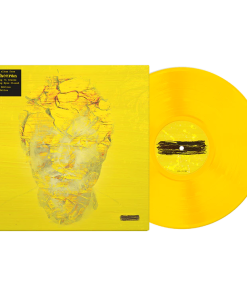Uwami: Vinyl LP DJ Black Low
$ 19,99 $ 11,99
Dark, searching amapiano electronic music from a new producer.
Relatively new style of music for listeners outside South Africa.
Reflects the feeling of 2020: stark, disruptive, scary.
Part of a wave of young producers making vital new music in SA.
Sounds like nothing else right now.
In many ways, DJ Black Low’s debut album, Uwami, shows the signs of an artist’s first offering in any musical genre. Showcasing fluency in a broad range of styles and stuffing a number of ideas to the record’s brim is the 20 year-old producer’s attempt to both introduce himself to a wide listenership and stamp a recognizable sound in their minds. In other ways, somewhat out of the young South African producer’s control, Uwami goes against the grain. The album comes at a time when South African electronic music is being fundamentally disrupted. Amapiano, the electronic music movement which first gained popularity with a small, core group of followers, now dominates the mainstream. Well-known and pervasive, amapiano borrows from a diverse palette of musical styles which are popular in South Africa’s largely Black townshipsjazz, kwaito, dibacardi, deep and afro house among them.
Instead of pandering to the seemingly insatiable local appetite and growing global penchant for amapiano though, on Uwami DJ Black Low seeks out the limits of the sound du jour and tries to stretch them. On his solo productions, he uses the samples and compositional norms that make amapiano hits the bedrock on which to experiment and improvise. With collaborators, DJ Black Low improvises within the boundaries of listener-friendly grooves. The sound he creates has foundations of what could easily have progressed into captivating amapiano songs on their own. But he uses improvised but structured electronic percussion and distortion sounds to drive the tracks in a particular direction. What remains is something like a deconstructed amapiano.
For a young producer living in the townships of the greater Pitori area of South Africa’s Gauteng province, there were few avenues available for Radebe to pursue a career in music. His trajectory shows the vulnerability of this pursuit. “I had started producing in 2013 and it so happened that I lost my equipment in 2014. I couldn’t afford to buy equipment. In 2017, a friend of mine who had been making music found a job and decided to quit music. He gave me his equipment and I was able to start producing again. That’s when I started getting back to it. I tried to pick up where I had left off, with hip hop and commercial house but I found that amapiano was the popular music. I liked it, so I started producing it.”
Fast Delivery and Professional Packaging
Our long-standing relationship with UPS FedEx DHL and other carriers around the world gives us the ability to provide various shipping options. Our warehouse personnel will pack all goods to our exacting requirements. Your goods will go through an extensive inspection and will be securely secured prior to being shipped. Every day we ship thousands of packages to clients from all over the world. This is a sign of our determination to be the largest online retailer in the world. There are distribution centers and warehouses in Europe and the USA.
Orders that contain more than 1 item are assigned processing periods in accordance with the item.
Prior to shipment, all purchased items will be thoroughly inspected. The majority of orders are shipped within 48 hrs. Delivery is expected to take between 3 and 7 days.
Returns
The stock is dynamic and we do not completely manage it because multiple parties are involved, which includes our factory and warehouse. The actual stock can fluctuate at any time. It's possible that the stock may run out after your order has been processed.
Our policy lasts for 30 days. Unfortunately, if thirty days have passed from the date you purchased the item, we will not be able to offer you a return or exchange.
The item should not be used, and it must be in the original packaging. The item should be in the original packaging.
Related products
Vinyl LP
Vinyl LP
Vinyl LP
Vinyl LP
Vinyl LP
Vinyl LP
Vinyl LP
Vinyl LP
Vinyl LP
